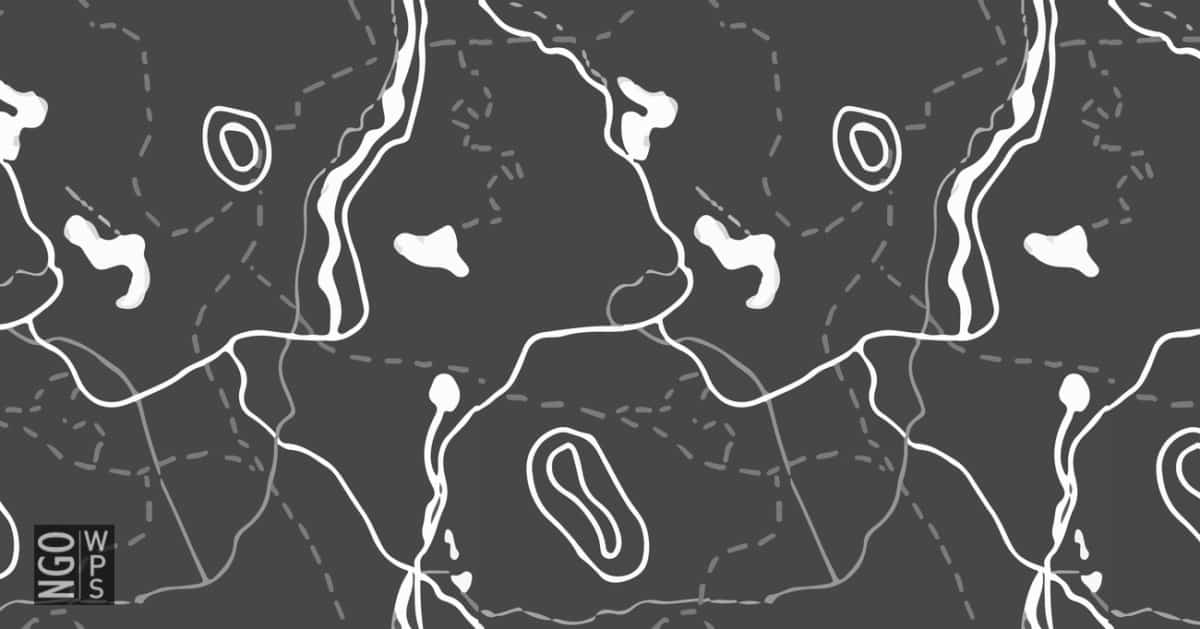Western Sahara
Western Sahara
Western Sahara has been the subject of a decades-long territorial dispute between Morocco and the Algerian-backed Polisario Front, having been arbitrarily partitioned between Morocco and Mauritania following the end of Spanish rule. Negotiations in 1991 and 2007 were both unsuccessful, and Western Sahara remains partially governed by Morocco.
Algeria continues to host approximately 100,000 refugees in Polisario camps, and a majority of camp administrators are women, although women are still imprisoned for adultery and are excluded from the highest ranking posts. Women have actively participated in the Polisario independence movement as both fighters and peaceful protesters, including acting as leaders in the National Union of Saharawi Women, which serves on the frontlines.
Based on the work of NGOWG members and their partners, the NGOWG advocates for including a human rights monitoring and reporting presence that encompasses gender considerations in the the UN Mission for the Referendum in Western Sahara (MINURSO) mandate.
Current and Past Recommendations to the UN Security Council (Monthly Action Points)
As the Security Council discusses the situation in Western Sahara, including the expulsion of international civilian staff and the closure of the Dkhla liaison office to the UN Mission for the Referendum in Western Sahara (MINURSO), human rights and gender should be key considerations. The mandate for MINURSO should be renewed with a a human rights monitoring and reporting presence which – unlike most other missions established under the authority of the Council – it currently lacks. The Council must also reaffirm the role and the mandate of MINURSO, ensuring it can fulfill the standard functions of peacekeeping, which include monitoring, evaluation, and reporting on local developments, by appointing personnel responsible for civil affairs to work systematically and directly with concerned communities.
Relevant Resources










